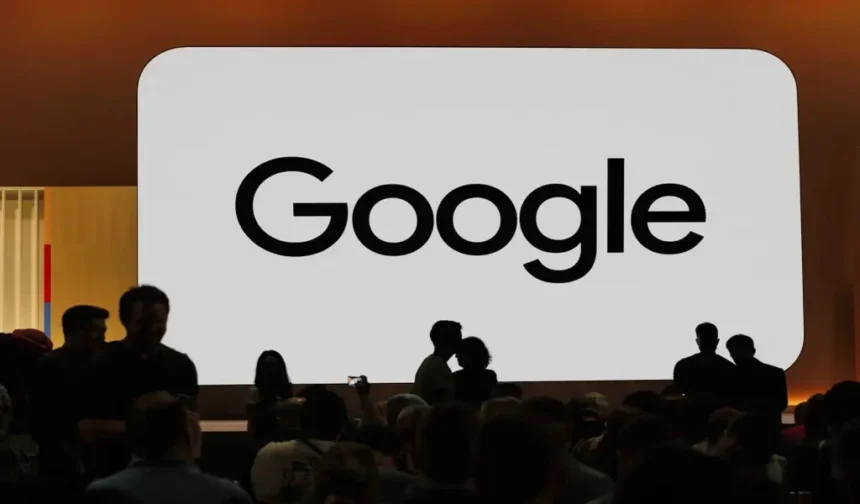(VOR News) – A jury’s verdict that Google’s Android app store was an unlawful monopoly was affirmed by a federal appeals court.
This ruling makes it possible for a federal court to enforce a potentially upsetting restructuring intended to provide consumers with additional choices.
The Ninth Circuit Court of Appeals’ unanimous decision on Thursday is a double-barreled legal blow to Google, which has been sidetracked in three separate antitrust trials since late 2023, which have led to various pillars of its internet empire being declared dominant scofflaw monopolies.
To get around exclusive payment processing companies that charged 15% to 30% commissions on in-app purchases, Epic Games launched a court battle almost five years ago. The campaign focused on Apple’s iPhone app store and Google’s Play Store for Android apps. The appeal failed, which was a significant win for Epic Games.
The judges criticized Google’s Android app store in December 2023.
These setbacks include monopolistic rulings against the company’s digital ad network technology at the beginning of this year and its pervasive search engine last year.
The Play Store for Android apps has long been a source of revenue, despite not being as profitable as Google’s search engine or advertising network. By keeping 15% to 30% of in-app purchases made via the business’s own payment processing infrastructure, it makes billions of dollars a year.
Following a month-long trial, a nine-member jury found had manipulated its system to prevent alternative app shops from providing customers and software developers with better offers.
In the wake of this ruling, US District Judge James Donato mandated that Google take down the digital obstacles that were keeping rivals out of the Play Store. Due to this outcome, the company filed an appeal in an effort to overturn the jury’s decision and declare the judge’s mandated shakeup invalid.
The company’s attorneys argued that Donato erred by permitting the case to be decided by a jury that departed from the market definition provided by another federal judge who largely supported Apple in Epic’s case against the app store that the iPhone manufacturer uses, but a panel of three judges hearing Google’s appeal in February rejected their argument.
The judges’ decision stated that Epic’s action “was replete with evidence that anticompetitive conduct entrenched its dominance, causing the Play Store to benefit from network effects.”
Google’s VP of regulatory relations, Lee-Anne Mulholland, said in a statement that the decision “will significantly harm user safety, limit choice, and undermine innovation that has always been central to the Android ecosystem.”
Google will have to undergo a comprehensive overhaul if it is unable to prolong the enforcement delay imposed by Donato’s judgment, which was issued in October of last year. As part of this transformation, prospective rivals will be able to access the whole Play Store inventory, which comprises more than 2 million Android apps, and help disseminate substitutes.
Google believes that by exposing clients to hackers and scammers posing as app merchants.
The implemented modifications will raise the dangers to their security and privacy.
On the other hand, Epic’s lawyers have viewed Google’s warnings about the changes as scare tactics intended to protect the corporate parent company, Alphabet Inc., from financial harm.
A judge ordered Apple to give up exclusive control over in-app payment processing and permit links to other systems without earning a commission, even though Epic was unable to have the iPhone app store ruled a monopoly.
In addition to being affected by Donato’s decision, Google will likely encounter more problems down the road that might worsen its financial situation.
To secure its search engine as the main gateway to the internet, the US Department of Justice has put forth a plan that would force Google to sell its Chrome web browser and forbid the corporation from making multibillion-dollar agreements with Apple and other businesses.
This request is being considered by a federal judge as part of a broader attempt to challenge Google’s unlawful search monopolies.
The company might potentially have its advertising technology dismantled as part of the countermeasures to Google’s monopoly in the market. The schedule states that this proposition will be tested in September.
SOURCE: AP
SEE ALSO:
Cyberport “AI x Data Forum” Drives AI and Data Innovation
Google Accused of Algorithmic Suppression of Conservative News Sites











